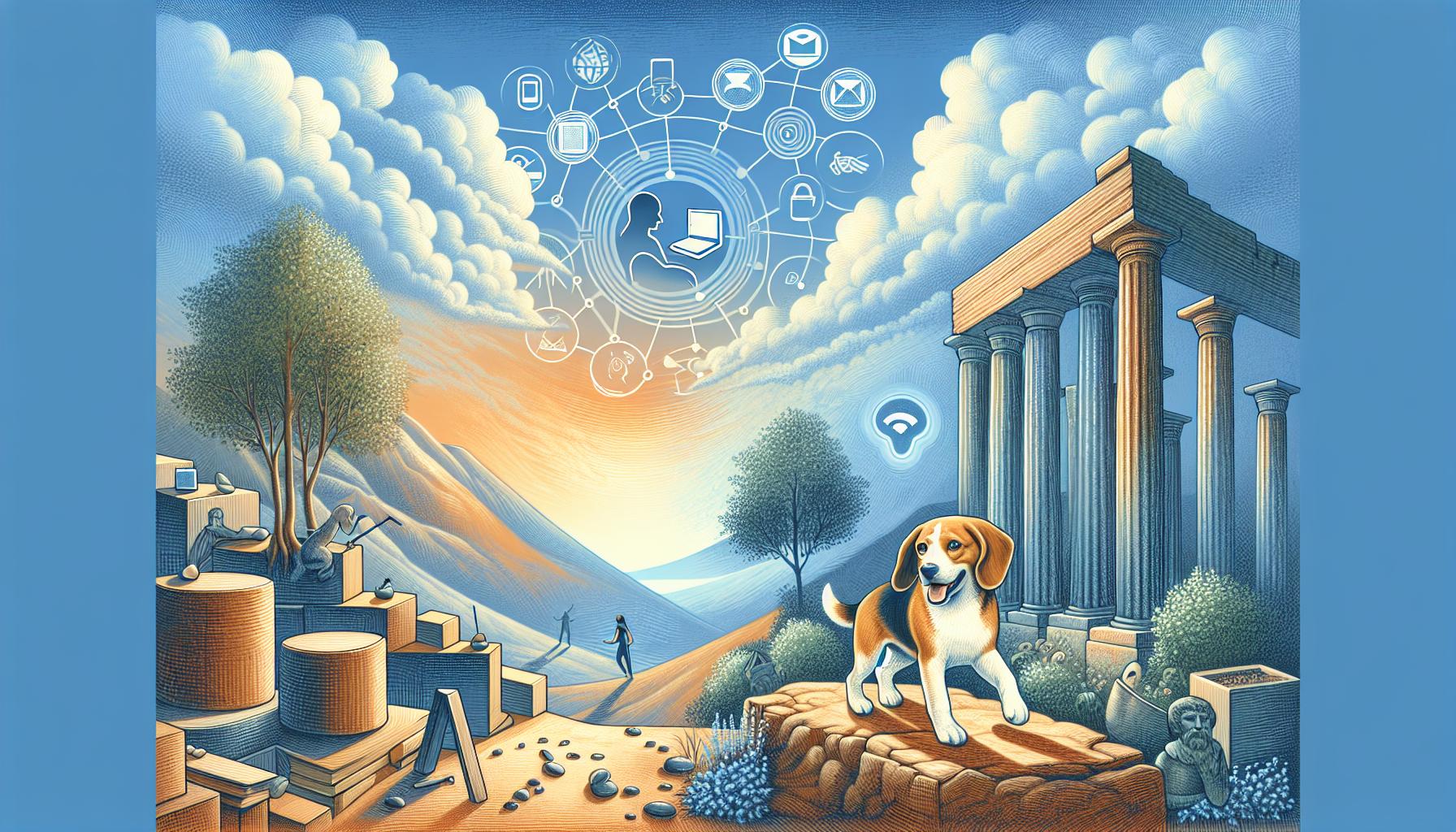I am a product of the school system. Throughout my academic journey, I was diligent, consistently earned good grades, and took part in academic extension classes. I pursued school excellence relentlessly, following the path society set out as the formula for success. My efforts culminated in attending university, where I earned two degrees with honours. Looking back, I recognize how the education system shaped not just my knowledge but also my attitudes toward authority, learning, and conformity. This reflection raises questions about what schools truly teach beyond the curriculum—and whether the lessons we absorb align with the qualities needed for personal growth and societal progress.

Truth Comes from Authority
This statement touches on the notion that schools often position teachers and textbooks as the ultimate sources of truth. In many educational settings, students are discouraged from questioning the material presented to them, reinforcing a hierarchy where knowledge flows from authority figures to students. While authoritative sources provide structure and consistency, this model can stifle inquiry and independent thinking, leading students to accept information passively.
Implication:
Children may develop the belief that truth is not to be discovered or questioned but rather received from those in power.
Intelligence Is the Ability to Remember and Repeat
The education system often emphasizes memorization and rote learning, where students are rewarded for recalling facts during tests and exams. While memory is an essential cognitive skill, equating intelligence solely with recall limits the scope of what it means to be smart. Critical thinking, creativity, and problem-solving skills are equally important but often receive less attention in test-driven environments.
Implication:
Students might conclude that intelligence is defined narrowly by the ability to remember and repeat information, ignoring other forms of intellectual and emotional aptitude.
Accurate Memory and Repetition Are Rewarded
Standardized testing reinforces the idea that success comes from being able to recall information accurately and repeat it within structured formats. While mastering certain foundational knowledge is crucial, this approach risks prioritizing short-term retention over deep understanding. It also neglects the value of applying knowledge in novel situations, a key skill for real-world problem-solving.
Implication:
The focus on memorization can lead students to prioritize grades over learning, valuing performance metrics above intellectual curiosity.
Non-Compliance Is Punished
Most schools enforce strict rules regarding behavior, attendance, and participation, with little tolerance for deviation. While structure and discipline are essential for managing large groups of students, the emphasis on compliance can discourage individuality and self-expression. Students who think differently or question norms may be labeled as troublemakers, facing social or academic consequences.
Implication:
Children may internalize the idea that conforming to rules is more important than expressing their individuality or challenging the status quo.
Conform: Intellectually and Socially
School environments often encourage conformity both intellectually—by promoting consensus over debate—and socially—by rewarding students who fit in with peer groups and follow accepted norms. While socialization is an important aspect of education, the pressure to conform can inhibit the development of unique talents and viewpoints.
Implication:
Students may feel pressured to fit into predefined molds, limiting their potential to explore alternative perspectives or forge their own paths.
The Broader Implications of These Lessons
These five points suggest that schooling may serve purposes beyond merely educating children. Critics argue that schools play a role in social conditioning, preparing students to fit into pre-existing societal structures. This perspective aligns with the ideas of thinkers like John Taylor Gatto, a former teacher and education critic, who argued that schools train children to be obedient workers and citizens rather than independent thinkers.
The Hidden Curriculum
The concept of a “hidden curriculum” refers to the implicit lessons students learn through the routines, structures, and expectations of school life. These lessons often shape students’ attitudes, values, and beliefs about authority, success, and social norms. While schools aim to prepare students for future employment and civic participation, they may inadvertently teach conformity at the expense of innovation.
Moving Toward a More Holistic Education
In response to these critiques, many educators and parents advocate for more holistic approaches to education. These models emphasize critical thinking, emotional intelligence, creativity, and collaboration. Schools adopting inquiry-based learning, project-based learning, and other alternative methods aim to foster independent thought and lifelong learning habits in students.
While the traditional education system has strengths—such as providing foundational knowledge and promoting social skills—it also faces legitimate criticism. The ideas presented in the image remind us to reflect on the hidden messages our children absorb through schooling and to seek ways to balance structure with flexibility, authority with inquiry, and conformity with individuality. By reimagining education, we can create learning environments that empower students to think for themselves and navigate the complexities of the world with confidence.
Discover more from Kango Anywhere
Subscribe to get the latest posts sent to your email.




